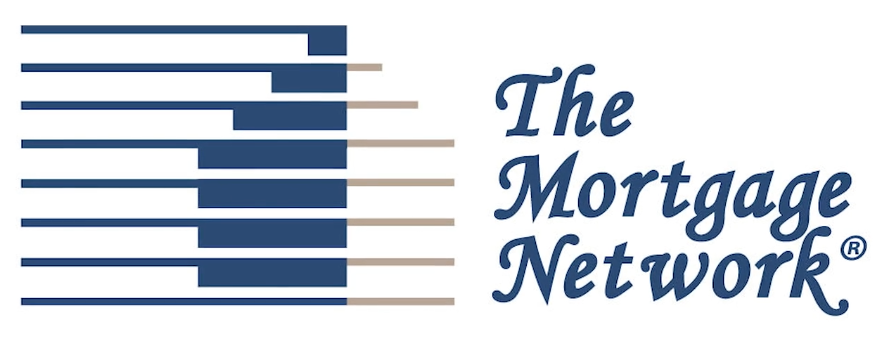Understanding Mortgage Insurance Can help you better prepare for the cost of owning a home .
What is mortgage insurance and who benefits from it?
I am often asked, “will mortgage insurance payoff my mortgage if something happens to me?” And while you can buy that kind of insurance, when lenders refer to “mortgage insurance” they are referring to a policy that directly benefits the lender rather than you. If you are buying a home have a down payment of less than 20% of the purchase price, the lender will typically require you to purchase Mortgage Insurance (“MI”). That’s because lenders believe that borrowers with less than a 20% investment in their homes represent a higher lending risk than those that have more equity.
As an example, if a homeowner has a death in the family, or if a family member loses a job, a borrower with 20% or more equity in the property is less likely to allow the home to go into foreclosure than a borrower who purchased the house with a much smaller down payment. The mortgage insurance policy that lenders often require with down payments under 20% protects them in the event of a default on the loan. If you become unable or unwilling to repay your loan for any reason, the mortgage insurance policy will pay the lender for any loss they incur during the subsequent foreclosure. The cost of the mortgage insurance premium varies based not only on the size of your down payment, but also on the loan type, loan term and your credit score.
There are two basic types of mortgage insurance to choose from
Lender Paid Mortgage Insurance and Borrower Paid Mortgage Insurance.
When the lender pays for the mortgage insurance, they roll the cost of the policy directly into your interest rate. On the other hand, if you pay for it, you purchase the policy from a third-party mortgage insurance company. The premium becomes part of your monthly mortgage payment. The advantage of borrower-paid insurance is that it can be eliminated once your equity exceeds 22% of the value of the property. This could come in part from paying down your principal but also from your home’s increase in market value, based on an appraisal you pay for.
In Colorado – where average annual appreciation is around 7%
Some Denver neighborhoods have seen over 10% appreciation per year.
A borrower can often eliminate their insurance in just a few years.
Borrower-purchased mortgage insurance policies often have high premiums making the cost of lender-purchased policies cheaper initially. However, because it is factored into the rate, it cannot simply be eliminated once there is enough equity in the property. The only way to eliminate the cost of Lender Paid Mortgage Insurance is to refinance. Refinancing to eliminate mortgage insurance normally only makes sense if rates have remained at or near the original interest rate.





